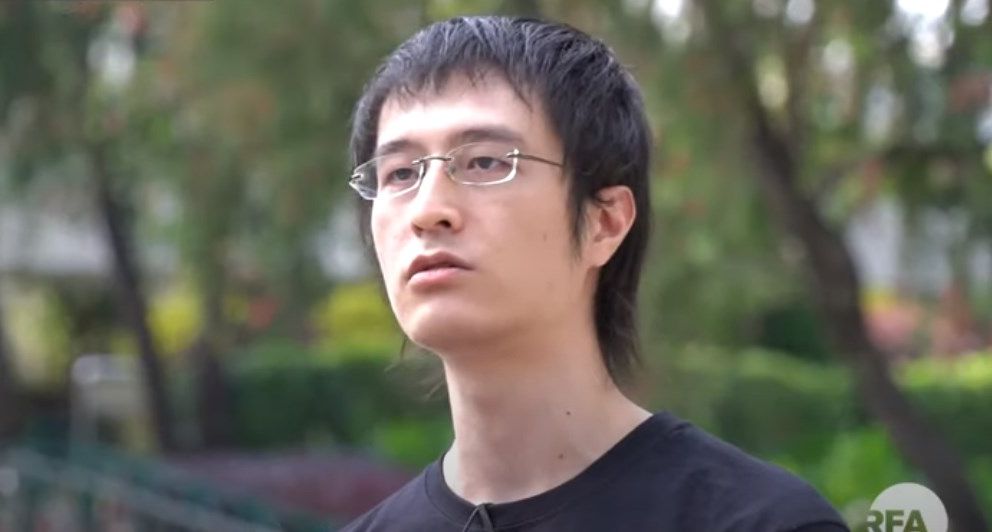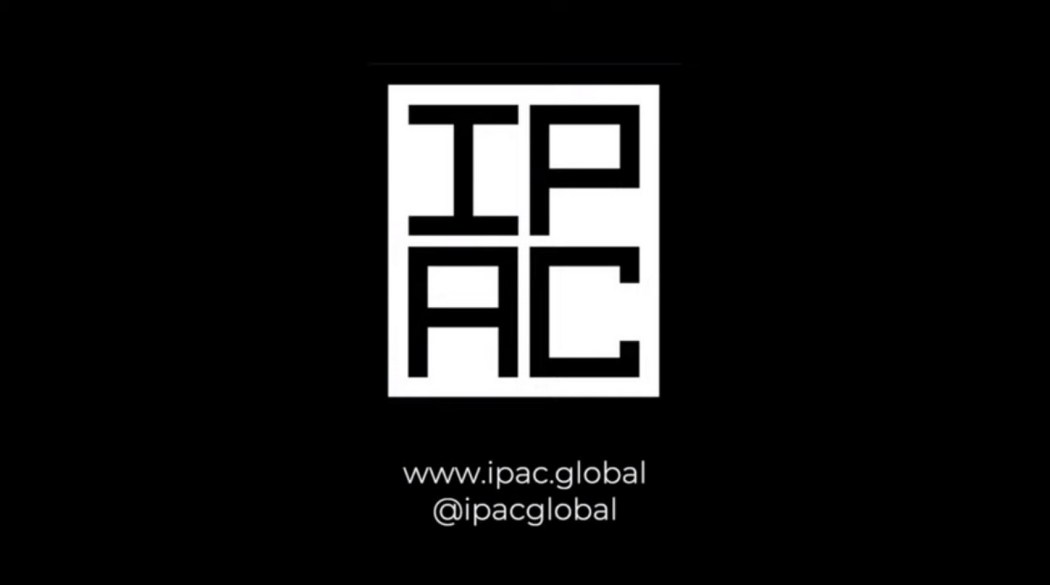
A Hong Kong activist worked with Japanese politicians to lobby for immigration schemes for city residents and sanctions against “perpetuators of human rights violations” after Beijing imposed national security law on the city, the trial of media mogul Jimmy Lai has heard.

Andy Li, an IT programmer turned activist, testified on Monday that he assisted Shiori Kanno, at the time a member of Japan’s House of Representatives, to form an alliance with eight other legislators. Their aim was to push for a “Magnitsky-style” act in Japan and “lifeboat policies” for Hongkongers after Beijing’s security law took effect on June 30, 2020.
The Magnitsky Act, passed in the US in 2012, enabled the country to sanction foreign individuals found to be responsible for human rights violations.
Li, who has pleaded guilty to conspiring to collude with foreign forces under the security law and is testifying against Lai, told the court in Cantonese that lifeboat policies were schemes that facilitated “people facing political repression to leave Hong Kong and settle in other countries.”
“This alliance… aims at working with the ‘Inter-Parliamentary Alliance on China’ (IPAC) to seek China not to conduct unbridled violation against global value and basic human rights,” read the charter of the Japanese alliance, which was displayed to the court.
The court previously heard the IPAC was set up in early June as a platform for politicians from around the world to discuss their countries’ China policies and hold the country accountable for alleged human rights infringements.

Li said the Japanese alliance would also call for the “suspension of Japan-HK mutual legal assistance treaty” and “prevention of Japanese business/organisations from providing assistance to [the Hong Kong] government,” according to messaging records between himself and UK-based activist Luke de Pulford.
Lai, 76, has pleaded not guilty to two counts of conspiring to collude with foreign forces, and one count of conspiring to publish “seditious” materials under colonial-era legislation. If convicted, he may spend the rest of his life in prison.
‘A dynamo’
On Monday, the 55th day of Lai’s trial, the court heard that de Pulford told Li via messaging app Telegram that UK financier Bill Browder was interested in Kanno’s platform on pushing the sanctions act in Japan.
“Bill is a dynamo. He also has a huge amount of money,” de Pulford wrote to Li in August 2020.
Li said Browder could offer financial support as well as connect Kanno with other like-minded politicians.
“Because Bill Browder is experienced with pushing for Magnitsky-style sanction regimes in various jurisdictions, therefore he would have the connections with those politicians who wished to push for similar acts,” Li told the court.

Li added that he was working as a “bridge” between Browder and Kanno, and that he and activists in Japan were Kanno’s “de facto English staffers.”
De Pulford, Browder, and Kanno have been named by prosecutors as Lai’s co-conspirators in calling for international sanctions and other “hostile acts” against the city and China.
IPAC
The court also heard that lawmakers from around 14 jurisdictions – including Australia, the UK, the EU, and Japan – held a meeting in early August 2020, during which they were briefed by self exiled activists Nathan Law and Ray Wong about the passage of the security law.
The meeting also covered how to reduce “the over-reliance of the strategic industries of different jurisdictions on a single source,” Li said, adding that was “mostly China.”

Both Law and Wong are wanted by national security police while Law has a HK$1 million bounty issued on his arrest.
The idea of “[encouraging] British Judges to cease deployments in Hong Kong” was also floated during that meeting, the witness said.
Another IPAC meeting held in early July that year saw members agreeing to request that their governments vowed that “no one shall be extradited to Hong Kong or China regardless of nationality,” according to the minutes shown in court.
The minutes also said that the IPAC would push for the termination of extradition agreements between members’ countries and the city, which Li described as a “legal reassurance.”
The trial continues on Tuesday.
When Lai’s trial began on December 18, 2023, he had already spent more than 1,000 days in custody after having had his bail revoked in December 2020. Three judges – handpicked by Hong Kong’s chief executive to hear national security cases – are presiding over Lai’s trial in the place of a jury, marking a departure from the city’s common law traditions.
Beijing inserted national security legislation directly into Hong Kong’s mini-constitution in June 2020 following a year of pro-democracy protests and unrest. It criminalised subversion, secession, collusion with foreign forces and terrorist acts – broadly defined to include disruption to transport and other infrastructure. The move gave police sweeping new powers and led to hundreds of arrests amid new legal precedents, while dozens of civil society groups disappeared. The authorities say it restored stability and peace to the city, rejecting criticism from trade partners, the UN and NGOs.
Support HKFP | Policies & Ethics | Error/typo? | Contact Us | Newsletter | Transparency & Annual Report | Apps
Help safeguard press freedom & keep HKFP free for all readers by supporting our team

HKFP has an impartial stance, transparent funding, and balanced coverage guided by an Ethics Code and Corrections Policy.
Support press freedom & help us surpass 1,000 monthly Patrons: 100% independent, governed by an ethics code & not-for-profit.



